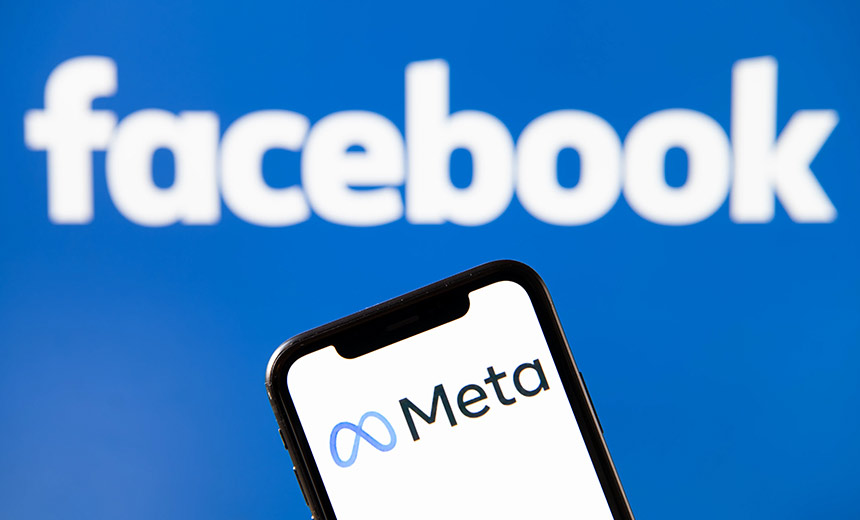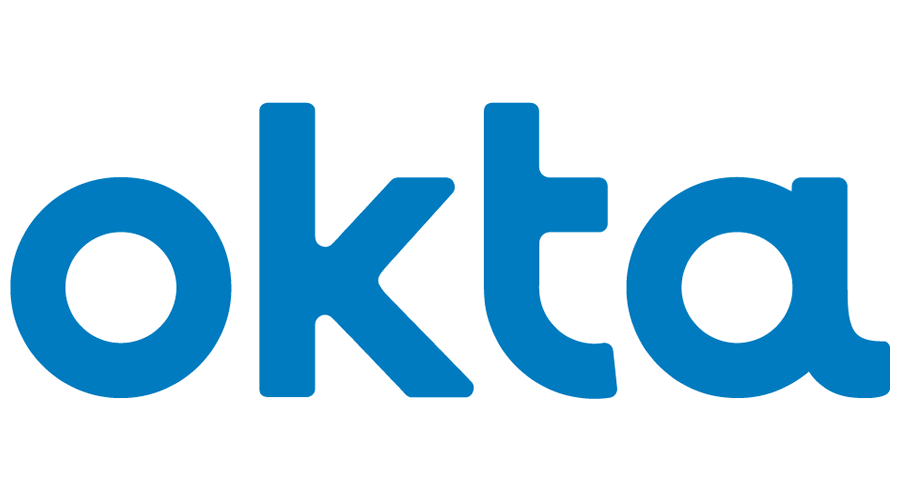The European Data Protection Board has directed the Irish Data Protection Commissioner to restrict Meta platforms from using customer’s personal data for ad personalization, citing a violation of GDPR.
Researchers identified Russian-linked Turla APT deploying an updated version of the Kazuar backdoor, suggesting a revival of the malware after years of inactivity with improved code structure and enhanced functionality. The new version of the Kazuar backdoor supports over 40 distinct commands. The upgraded version of Kazuar reveals that Turla APT is making consistent efforts to […]
Public healthcare institutions in Singapore experienced disruptions in internet connectivity due to DDoS attacks. Synapxe, the agency overseeing these institutions, stated that there is no evidence of a compromise of healthcare or patient data.
The Denver-based customer authentication and authorization company FusionAuth has secured a $65 million investment in its first external funding round, led by Updata Partners.
Healthcare giant Henry Schein has been targeted by the BlackCat ransomware gang, who claim to have breached the company’s network and stolen 35 terabytes of data, including sensitive files such as payroll data and shareholder information.
A hacker group called Anonymous Sudan, which is believed to be linked to Russia, claimed responsibility for the attack on the AP and other news sites, but the connection has not been verified.
Science Applications International Corporation (SAIC), along with existing investors Piva Capital, March Capital, SCF Partners, Overture Climate Fund, Valor Equity Partners, and Chevron Technology Ventures took part in the round.
The US Treasury Department has sanctioned a Russian woman named Ekaterina Zhdanova for allegedly laundering virtual currency on behalf of Russian elites and cybercriminals, including a Ryuk ransomware affiliate.
The attackers used stolen session tokens from HAR files to hijack the legitimate Okta sessions of five customers. The breach occurred from September 28 to October 17 and affected less than 1% of Okta’s customers.
A former Dutch cybersecurity professional named Pepijn Van der Stap has been sentenced to four years in prison for hacking and blackmailing more than a dozen companies. He also infiltrated networks and stole sensitive information.









